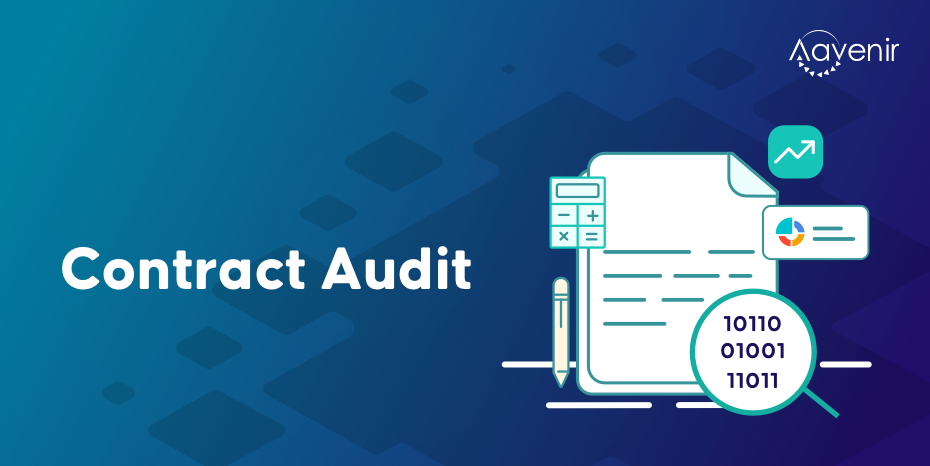What Is A Contract Audit? – Definition
Contract audits need to be performed periodically in all lines of business, in order to confirm that a contract’s terms and conditions are being met as required. Once a contract has been written and signed by everyone, the audit process begins. The audit may be done at a micro level (i.e., per contract) or at a macro level (i.e., entire portfolio).
During a contract audit, all controls, policies, and systems will be evaluated and verified. Account books, transaction records, and operation logs will be inspected. The intent is to ensure that everything was correctly delivered to the customer and that they were billed appropriately. It can also help prevent suppliers from over-billing or under-delivering to a customer.

Understanding Contract Audit
A contract audit is an examination and assessment of performance or information, designed to verify that one or more parties to a contract have complied with requirements or standards set forth in the contract. Unlike audits that are required by law, these audits are conducted pursuant to the parties’ agreement, as set forth in the terms of the contract.
Contract audits can be used as an effective tool to control costs and promote quality. For example, when costs are an element of the amount paid under a contract, the parties may agree to audits of relevant financial records. To help ensure quality, an audit provision could call for an audit of the quality of parts or services. Audits can also be used to determine whether parties are meeting all of their contractual obligations. When negotiating contract audits, the parties generally must consider and address the following:
- Which items addressed by or included in the contract will be subject to audit – that is, what will be measured?
- What standard will apply?
- How will the evaluation be conducted (method)? What remedies will apply in the case of deviation from the standard?
Vendors and parties in construction contracts often agree to contract audits. Contract audits are also extremely common for those contracting with governmental entities. Over time, the federal government has come to rely more and more on the services of contractors. Recognizing its responsibility to protect taxpayer funds, the government relies upon contract audits to ensure compliance with contractual requirements and to protect against waste, mistakes, and fraud. The government considers these provisions to be an important part of the procurement process.
How to Perform Contract Audit?
A contract audit has many benefits, which include cost recovery, process improvement, preventing fraudulent activity and managing risk. When deciding to perform an audit, there are several factors to take into consideration.
- Consider how comprehensive the audit is. Determine if the entire contract is being reviewed, or just a few concerning areas. If you plan on conducting your own audits, it’s good practice to start small and do the audits in batches (ex – by contract type). You can then apply what you learned, and with that knowledge you are able to move forward with the other contract batches.
- Be sure to establish clear objectives. A company must determine what it hopes to accomplish by examining its contracts and performing the audit. This can be fulfilled by establishing clear objectives upfront. Otherwise, it won’t make much sense to perform the audit in the first place.
- Consider timing. Audits should always be conducted when you have the ability to revise processes or reclaim overpayments. This could be influenced by a multitude of factors, all depending on the type of relationship you have with your distributor.
It is beneficial to hire professional consultants and/or attorneys to perform an audit, if possible. These specialists have seen many similar contracts throughout their career, so they are able to offer insight and share their expertise about contract compliance audits, as well as act as another set of eyes to review the contracts.
Explore Additional Resources to Know More

On-demand Webinar
A smarter approach to manage contractual obligations with AI and Digital Workflow using Aavenir Obligationflow on ServiceNow.

ROI Calculator
Contract Lifecycle Automation ROI Calculator to estimate the business value you could achieve with Aavenir Contractflow

RFP Template
Request for Proposal is to select the best Contract Lifecycle Software Vendor to realize the best value of your contract.


